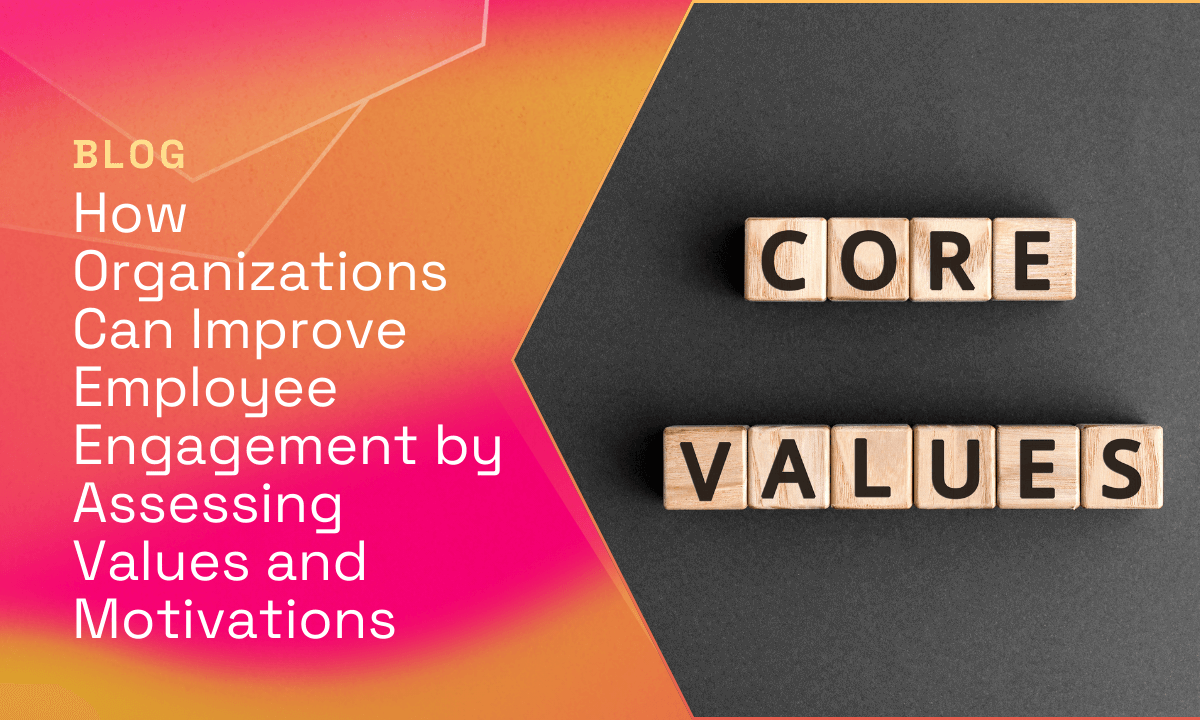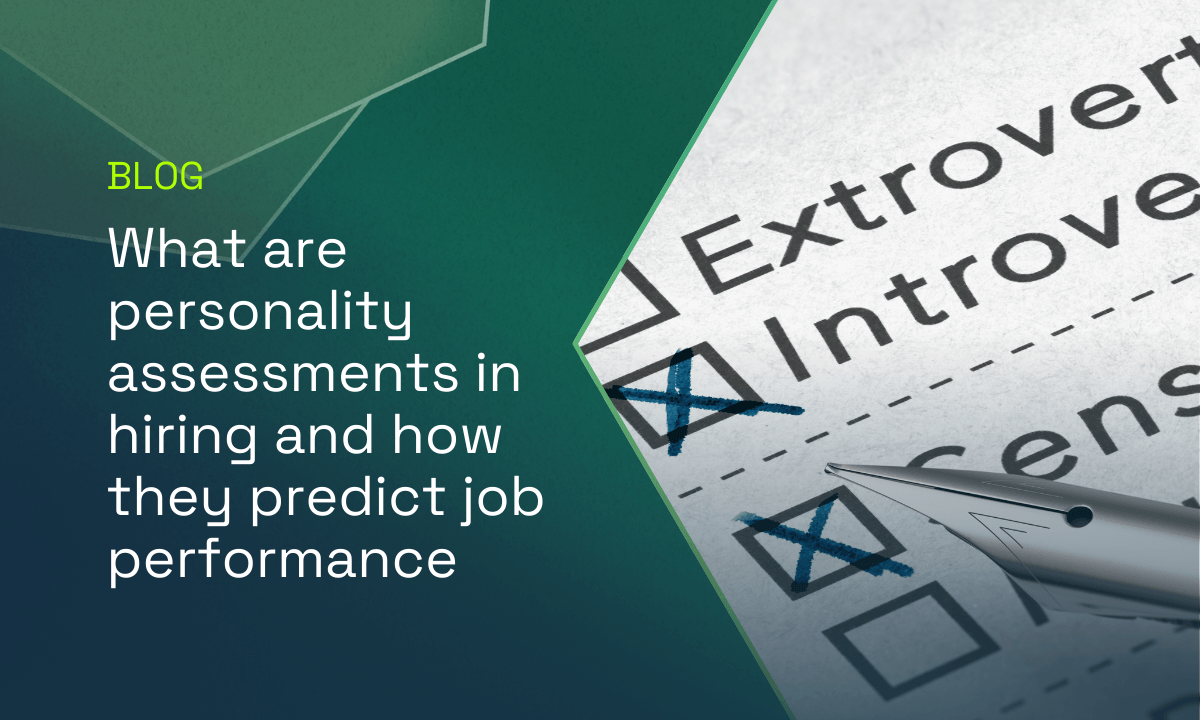Guide to Employee Soft Skills Assessments
The significance of employee soft skills assessment cannot be overstated. As organizations increasingly prioritize collaboration, communication, and adaptability, the demand for employees with strong soft skills has surged. The aim of this comprehensive guide is to educate young professionals, entry-level managers, and HR professionals about the importance of soft skills in the workplace. It highlights essential soft skills that employees should develop, provides practical strategies for improvement, and emphasizes the benefits of cultivating these soft skills for individuals and organizations.
Understanding the importance of employee soft skills assessment
Definition of soft skills
Soft skills, often referred to as interpersonal or people skills, encompass a range of non-technical abilities that facilitate effective communication, collaboration, and problem-solving. Unlike hard skills, which are specific to a particular job or industry, soft skills are transferable and valuable across various roles. Examples of soft skills include communication, teamwork, adaptability, problem-solving, emotional intelligence, and leadership.
Importance of soft skills in the workplace
Soft skills are critical in shaping organizational success by enhancing teamwork, fostering better communication, and improving overall job performance. Employees with strong soft skills can navigate complex work environments, build strong relationships with colleagues and clients, and adapt to changing environments. Additionally, soft skills are essential for effective leadership, conflict resolution, and decision-making, rendering them indispensable in today's dynamic workplaces.
Key soft skills every employer should evaluate
When conducting employee soft skills assessments, employers should focus on key soft skills that have a significant impact on both individual and team performance:
Communication
Effective communication is the foundation of successful collaboration and relationship-building in the workplace. Employees with strong communication skills can convey ideas clearly, listen actively, and engage in constructive dialogue with colleagues and clients.
Teamwork
The ability to work collaboratively towards a common goal is essential for achieving organizational objectives. Strong team players demonstrate cooperation, flexibility, and willingness to support their peers in reaching shared outcomes.
Problem-solving
Employees who excel in problem-solving can analyze complex situations, identify root causes of issues, and propose innovative solutions. Strong problem-solving skills are important for overcoming challenges and driving continuous improvement within the organization.
Adaptability
In a rapidly evolving business landscape, adaptability is a highly sought-after soft skill. Employees who can embrace change and uncertainty, learn new skills quickly, and thrive in dynamic environments contribute to organizational agility and resilience.
Emotional Intelligence
Emotional intelligence, or the ability to recognize and manage one's emotions and those of others, is indispensable for effective leadership and relationship management. Employees with high emotional intelligence exhibit empathy, self-awareness, and strong interpersonal skills.

Implementing effective employee soft skills assessments
Assessing and measuring soft skills in employees requires a systematic approach that combines objective evaluation methods with subjective feedback. Employers can implement the following strategies to conduct effective soft skills assessments:
Self-assessment tools
Encourage employees to reflect on their own soft skills competencies by using self-assessment tools. These assessments can provide valuable insights into individual strengths and areas for improvement. The Core Drivers personality diagnostic is an excellent starting point for understanding how individuals tend to communicate, collaborate, navigate change, and lead others.
360-degree feedback
Collect feedback from peers, supervisors, and subordinates to gain a comprehensive view of an employee's soft skills. 360-degree feedback surveys provide diverse perspectives on communication styles, teamwork abilities, and leadership qualities.
Behavioral interviews
Incorporate behavioral interview questions that probe candidates' past experiences and actions related to soft skills. Behavioral interviews can reveal how candidates have applied soft skills in real-world situations and predict their future performance.
Skills assessments
Conduct skills assessments or simulations to evaluate candidates' problem-solving, communication, and teamwork abilities in real-world scenarios. Skills assessments offer tangible evidence of soft skills proficiency and suitability for specific roles.
In the following section, we will explore the role of emotional intelligence in assessing soft skills and review top tools and methods for conducting comprehensive assessments.
Situational judgment tests
Situational judgment tests present candidates with realistic workplace scenarios and require them to choose the most effective course of action. These tests assess individuals’ problem-solving skills, decision-making abilities, and ethical judgment in real-world contexts.
Role-playing exercises
Role-playing exercises simulate workplace interactions and challenges, allowing employers to observe how candidates respond to different scenarios. Role-playing assessments can provide insights into candidates' communication skills, conflict resolution strategies, and ability to adapt under pressure.
Peer reviews
Peer reviews involve obtaining feedback from colleagues on an employee's soft skills, teamwork abilities, and communication effectiveness. Peer reviews offer valuable perspectives from individuals who work closely with the employee on a daily basis.
Continuous feedback mechanisms
Implement continuous feedback mechanisms, such as regular check-ins, performance evaluations, and goal-setting sessions, to provide ongoing feedback on employees' soft skills development. Continuous feedback promotes a culture of growth, learning, and improvement within the organization.
Employers can utilize a combination of these tools and methods to conduct comprehensive soft skills assessments that provide a holistic view of employees' strengths, areas for growth, and development needs.
Overcoming challenges in assessing employee soft skills
Assessing soft skills poses unique challenges compared to evaluating hard skills because soft skills are often subjective, context-dependent, and influenced by individual perceptions. Employers may encounter the following challenges when assessing employee soft skills:
Subjectivity
Soft skills assessments like 360-feedback and peer reviews rely on subjective judgments and observations, making it challenging to measure these skills objectively. Employers must establish clear evaluation criteria and provide training to assessors to ensure consistency and fairness in the assessment process. Scientifically driven tools like the Core Drivers, based on the five-factor model of personality, offer more objectivity and consistency in predicting soft-skill talents.
Bias
Unconscious bias can impact how individuals perceive and evaluate soft skills in others. To mitigate bias in assessments, employers should use diverse assessment methods, involve multiple assessors, and provide training on recognizing and addressing bias in the evaluation process.
Lack of standardization
Soft skills assessments often lack standardized metrics and benchmarks, making comparing individuals' competencies across roles or organizations difficult. Employers can address this challenge by developing clear competency frameworks, establishing common evaluation criteria, and aligning assessments with organizational values and goals.
Resistance to feedback
Employees may be resistant to receiving feedback on their soft skills, especially if it highlights areas for improvement or development. Employers should foster a culture of open communication, continuous learning, and psychological safety to encourage employees to embrace feedback and actively work on enhancing their soft skills.
Organizations can create a more inclusive, supportive, and growth-oriented work environment by proactively addressing these challenges and implementing best practices in soft skills assessment.
Interpreting results: How to analyze soft skills assessment data
Analyzing soft skills assessment data requires a nuanced approach beyond quantitative metrics, integrating qualitative feedback and observations. Employers can follow these steps to interpret and act on assessment results effectively:
Identify patterns and trends
Look for patterns and trends in assessment data to identify common strengths, areas for improvement, and development opportunities across teams or departments. Analyzing data trends can help prioritize skill development initiatives and tailor training programs to address specific needs.
Seek feedback from multiple sources
Gather feedback from multiple sources, including assessment results, peer reviews, manager evaluations, and self-appraisals. Integration of diverse perspectives provides a comprehensive understanding of employees' competencies and ensures a more accurate assessment of their abilities.
Create individual development plans
Based on assessment results, work with employees to create personalized development plans that outline specific goals, milestones, and actions for enhancing their soft skills. Tailor development plans to employees' unique strengths, growth areas, and career aspirations to maximize their potential.
Monitor progress and provide support
Monitor employees' progress on their development plans regularly and provide ongoing support, feedback, and resources to help them achieve their goals. Encourage a growth mindset, celebrate milestones, and adjust development plans to ensure continuous improvement.
By analyzing assessment data thoughtfully, organizations can identify growth opportunities, foster a learning culture, and empower employees to reach their full potential through targeted skill development initiatives.
The next section explores how organizations can enhance workplace success through targeted skill development programs and improve cultural fit by assessing employee soft skills.
Enhancing workplace success through targeted skill development programs
To maximize the impact of soft skills assessments and develop a workforce with strong interpersonal abilities, organizations can introduce targeted skill development programs, such as:
Training programs
Offer training programs that cover essential soft skills such as communication, teamwork, conflict resolution, adaptability, and emotional intelligence. Interactive workshops, seminars, and online courses can provide employees with practical tools and strategies to enhance their interpersonal skills.
Coaching and mentoring
Provide opportunities for employees to engage in one-on-one coaching or mentoring relationships with experienced professionals. Coaching and mentoring provide personalized guidance, feedback, and support to develop specific soft skills and advance career growth.
Leadership development initiatives
Invest in leadership development programs centered on emotional intelligence, effective communication, and relationship-building for both aspiring and current leaders. Leadership programs can equip managers with the skills and competencies necessary to inspire, motivate, and lead their teams effectively. Technology can also be utilized to scale leadership development efforts with personalized support. For example, Deeper Signals Dynamo tool helps individuals set customized goals and receive coaching tips every week to help them enhance their soft skills and talents.

Cross-functional projects
Encourage employees to engage in cross-functional projects that involve teamwork, problem-solving, and adaptability. Cross-functional projects provide opportunities for employees to apply and enhance their soft skills in real-world situations and foster a culture of innovation and collaboration.
Feedback and recognition programs
Implement feedback and recognition programs that acknowledge and celebrate employees' soft skills achievements. Regular feedback, praise, and recognition can reinforce positive behaviors, drive personal growth, and foster a culture of appreciation and support within the organization.
By investing in targeted skill development initiatives, organizations can empower employees to enhance their soft skills, boost performance, and contribute to a positive and productive work environment.
Trends and innovations in modern approaches to evaluating soft skills
As organizations adapt to changing workplace dynamics and technological advancements, modern approaches to evaluating soft skills continue to evolve. Some key trends and innovations in soft skills assessment include:
Gamified assessments
Gamified assessments use game-like elements, challenges, and simulations to evaluate candidates' soft skills in a fun and engaging manner. They improve candidate engagement, offer real-time feedback, and provide a more interactive assessment experience.
Artificial Intelligence tools
AI-powered tools and algorithms can analyze large volumes of data to assess candidates' soft skills based on speech patterns, facial expressions, and written communication. AI tools can provide objective insights into candidates' emotional intelligence, communication styles, and problem-solving abilities.
Virtual Reality simulations
VR simulations immerse candidates in realistic workplace scenarios that test their soft skills in a virtual environment. VR simulations can assess candidates' decision-making, conflict resolution, and leadership skills in a controlled and interactive setting.
Adaptive assessments
Adaptive assessments adjust the difficulty and content of assessment tasks based on candidates' responses, allowing for a personalized and tailored evaluation of soft skills. They can also provide more accurate and insightful feedback on candidates' competencies and development needs.

By embracing these trends and innovations in soft skills assessment, organizations can enhance the accuracy, efficiency, and effectiveness of their evaluation process and identify top talent with the interpersonal skills needed to excel in today's competitive business landscape.
In conclusion, employee soft skills assessment is crucial to talent management and organizational success. By recognizing the significance of soft skills, evaluating key competencies, implementing robust assessment methods, and investing in targeted development programs, organizations can build a workforce proficient in communication, teamwork, problem-solving, and emotional intelligence. Prioritizing these skills enhances employee performance, fosters a culture of collaboration and innovation, and drives sustainable growth.
Remember, developing soft skills is a journey that requires continuous learning, practice, and feedback. Investing in this area not only creates a competitive edge but also attracts and retains top talent, ensuring long-term success in today's dynamic and interconnected business landscape.





























